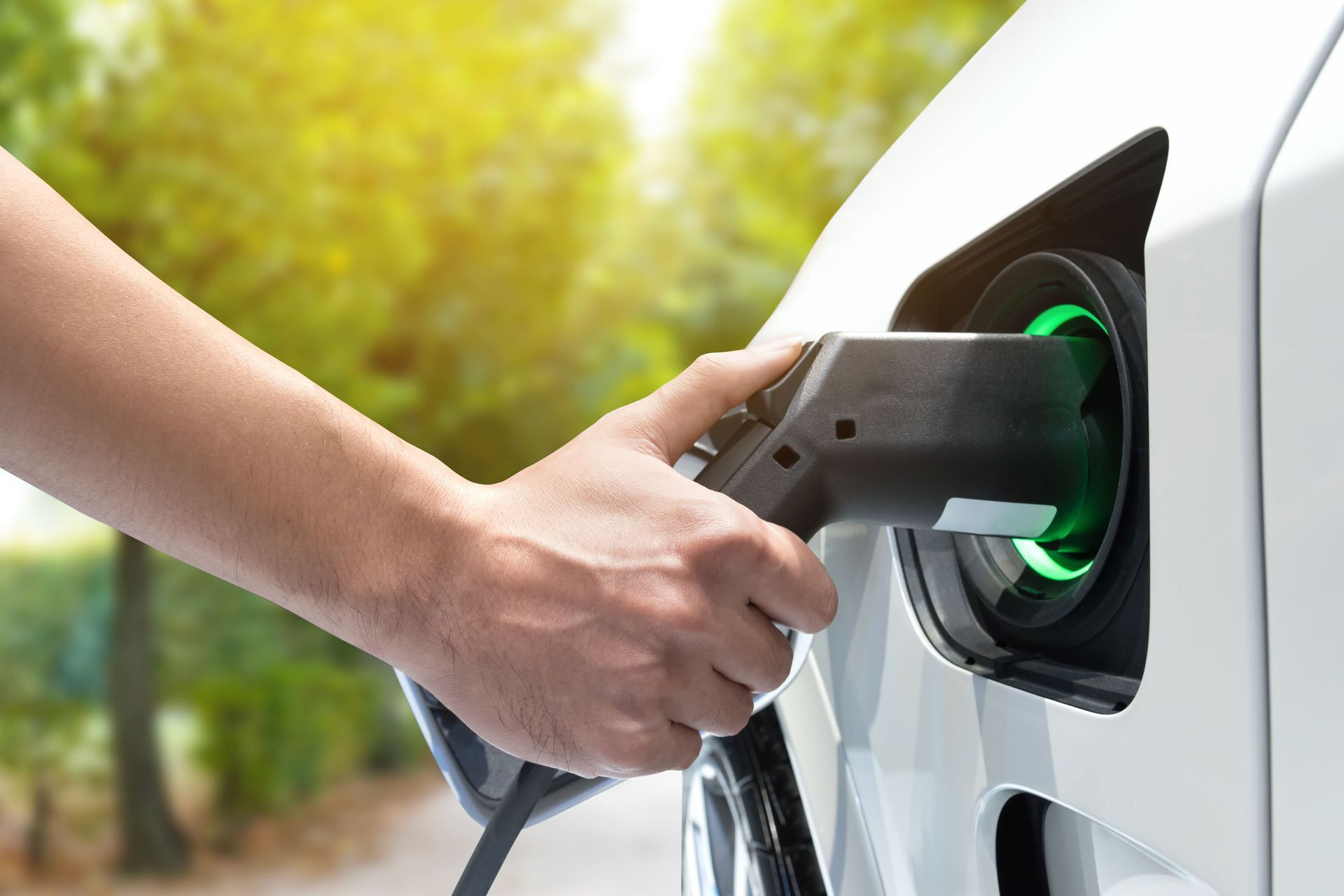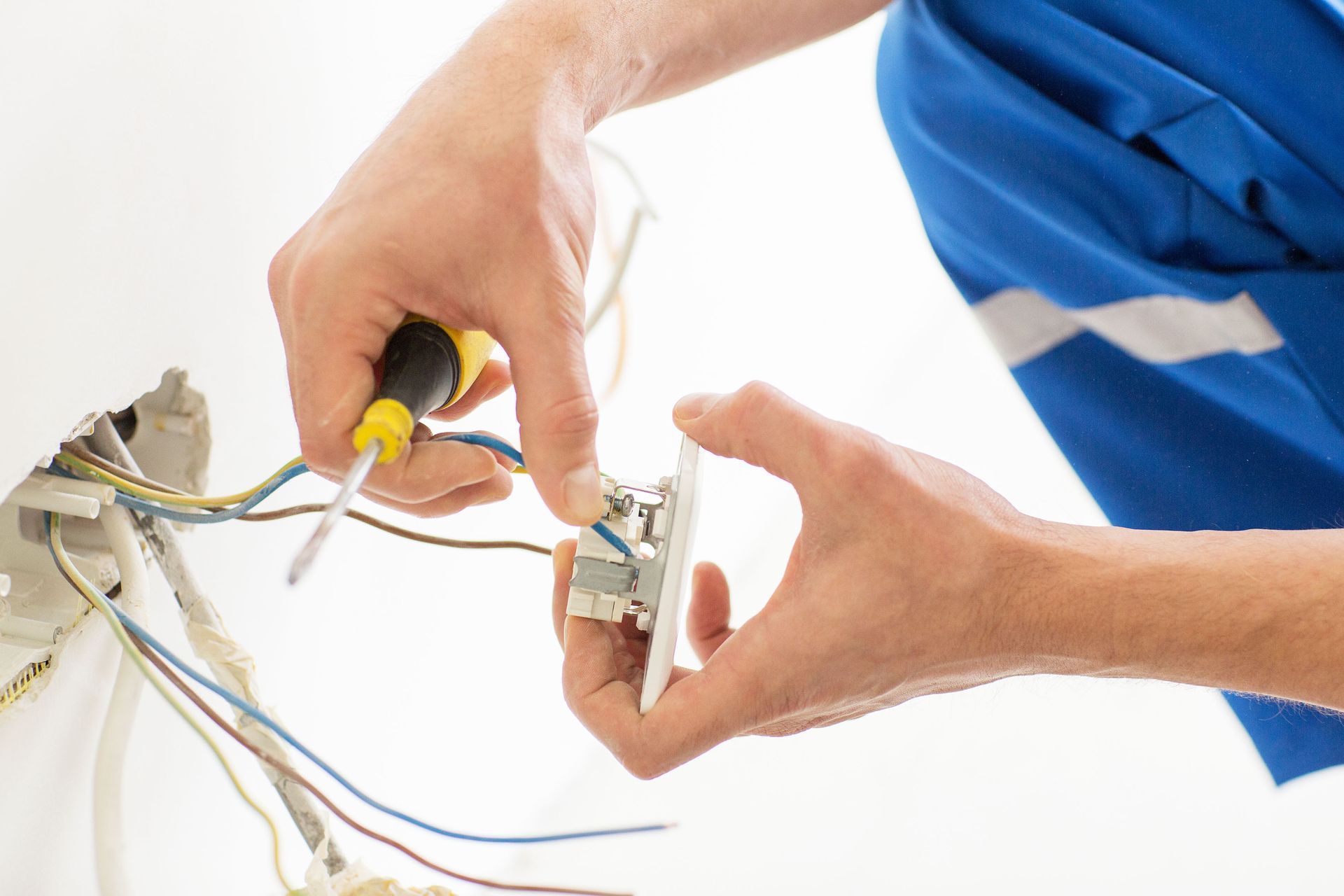Understanding the EV Charging Station Installation Process
As the world rapidly shifts towards sustainable energy solutions, electric vehicles (EVs) are increasingly at the forefront of this transformation. The convenience and efficiency of EVs are undeniable, but a crucial aspect of their adoption is the availability of charging infrastructure. Whether you are a homeowner considering an EV purchase, a business owner looking to offer charging facilities, or a policymaker tasked with supporting sustainable transport, understanding the EV charging station installation process is critical.
Site Assessment and Power Requirements
The initial step in installing an EV charging station involves assessing the location and power requirements. For businesses, the placement is particularly important to ensure accessibility for customers or employees while meeting technical specifications for power delivery. This planning is necessary regardless of whether it's a simple residential Level 2 charger or a commercial DC fast charger. As a guide, the power system might need upgrades which can involve consulting with utility companies to ensure requirements are met without overloading existing systems.
Permits and Regulations
Permits and regulations form the second major phase of installation. Depending on the jurisdiction, different permits may be required, including electrical permits and zoning clearances. Engaging with a knowledgeable contractor or consulting firm can make navigating these regulations more manageable. It is important to note that adhering to these regulations not only ensures legal compliance but also maximizes the safety and functionality of the station. This process aligns with the broader goal of reducing fossil fuel dependency. According to the International Energy Association, based on current trends, the rollout of electric vehicles should offset the need for 5 million barrels of oil a day by 2030.
Installation and Setup
Finally, the installation itself can begin after compliance and preparatory work. This involves physically setting up the charging units, connecting them to the power supply, and testing for operational efficiency. A professional installation guarantees that the charging station will be reliable and user-friendly, offering peace of mind for both the owner and users. Post-installation support and maintenance are also vital to ensure long-term functionality and address any technical issues that may arise.
Understanding the EV charging station installation process is key to supporting the growing trend of electric vehicles. From site assessment and addressing power needs, navigating permitting processes, and executing the installation, each step requires careful planning and execution. As we move towards a greener future, these efforts not only promote environmental sustainability but also support the infrastructure essential for EV adoption. Be sure to reach out to Boston Electric LLC today for more information on our professional EV charging station installation services!





Share On: